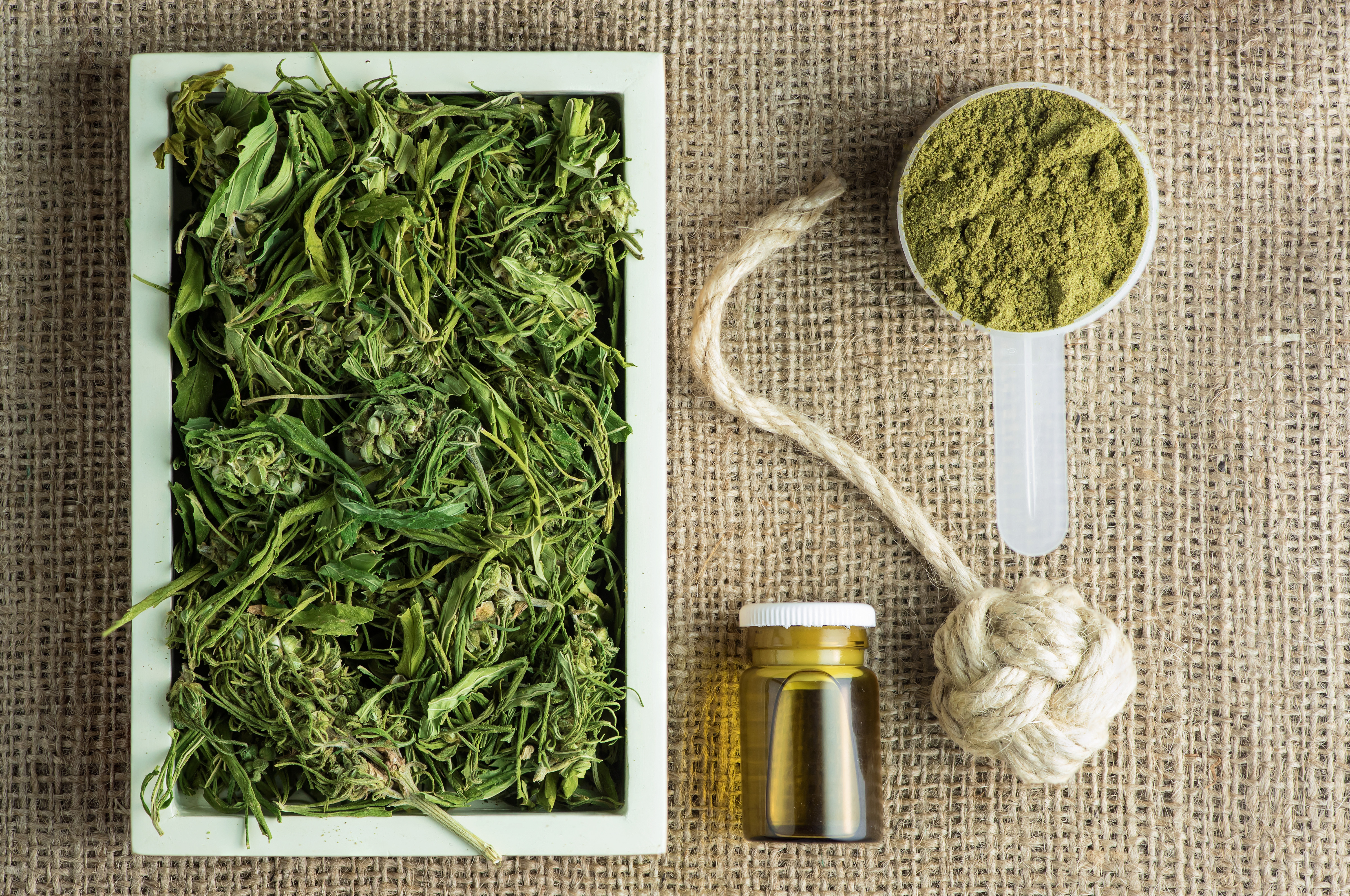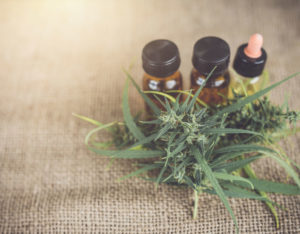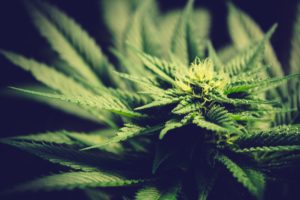The U.S. Food and Drug Administration (FDA) held its first-ever public hearing May 31 on CBD in the consumer marketplace.
Vermont ice cream makers Ben and Jerry celebrated the hearing by saying the company is, “open to bringing CBD-infused ice cream to your freezer as soon as it’s legalized at the federal level.”
Meanwhile, more than 500 people crowded into a Silver Spring, Maryland conference room to discuss a legal framework for incorporating CBD-infused products into the market. U.S. markets have been flooded with CBD products claiming health benefits since the 2018 Farm Bill authorized legal, domestic hemp production.
The twelve-member panel FDA panel listened to comments from more than 100 people during the ten-hour session: doctors, concerned parents, cannabis business owners, health experts and more.
Lisa Gill of Consumer Reports shared the results of a 2018 survey of U.S. adults regarding CBD use. Gill and her colleagues found that 26 percent of adult Americans have used CBD during the past two years, with one fifth one those adults reporting that they had stopped taking a prescription medication as a result of their CBD use, and approximately half reporting they believe CBD is regulated for quality at the federal level.
The FDA has registered concerns about CBD businesses selling their products using unsubstantiated health claims. Thus far, FDA has approved just one cannabis-derived drug: Epidiolex, which treats seizures associated with Lennox-Gastaut syndrome or Dravet syndrome.
Numerous speakers Friday called for quality, safety and efficacy standards for CBD products, in addition to continued research into the compound’s potential medical uses.
“We have very little research to inform appropriate product standards,” admitted Tory Spindle of the Johns Hopkins University School of Medicine. Kevin Chapman of the American Epilepsy Society said that without dosing standards, patients are just “making it up as they go along.”
“The goal should be public access to diverse products that are subject to rigorous oversight,” added Zoe Sigman of Project CBD.
Dr. Ned Sharpless, the Acting Commissioner of Food and Drugs, shared some of his open questions Friday morning:
“For example, how much CBD is safe to consume in a day? What if someone applies a topical CBD lotion, consumes a CBD beverage or candy, and also consumes some CBD oil?,” he asked. “How much is too much? How will it interact with other drugs the person might be taking? What if she’s pregnant? What if children access CBD products like gummy edibles? What happens when someone chronically uses CBD for prolonged periods?”
Some hemp industry advocates urged the panel to regulate CBD as a food and dietary supplement.
Sharpless acknowledged that the move is within the agency’s power, but would mark a departure for the agency.
“There are important reasons to generally prohibit putting drugs in the food supply,” he said. “Often, we conclude that to be safely used, it requires a prescription or other medical supervision to help protect against potentially dangerous misuse. THC and CBD are no exception.”
Under federal guidelines, CBD may contain no more than 0.3 percent THC.
Members of the public are invited to submit their comments online until July 2, 2019.




